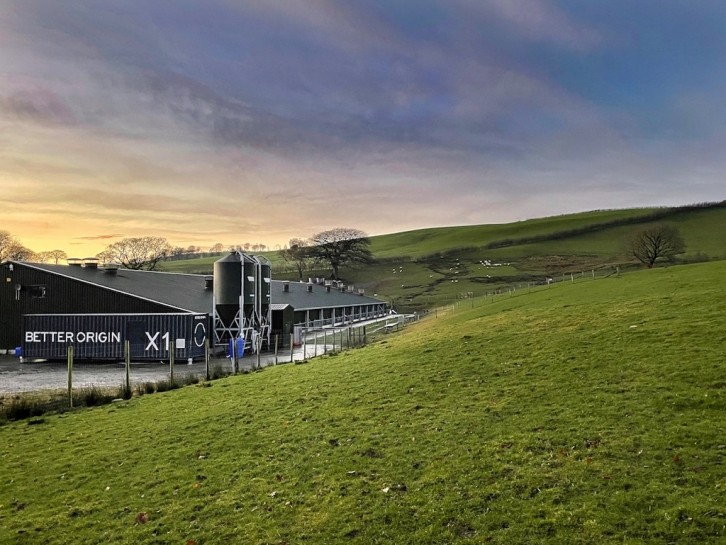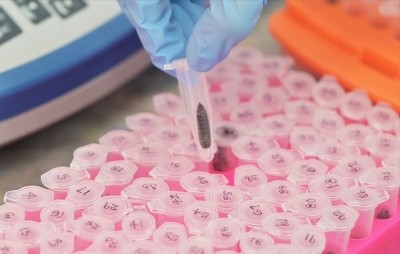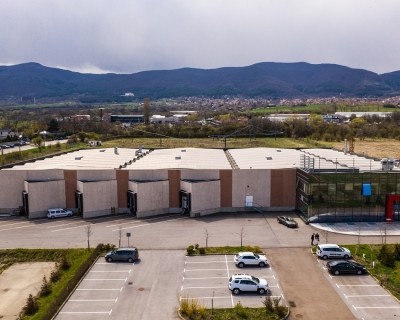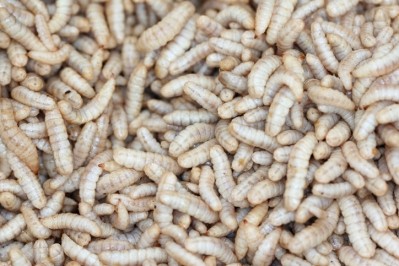Study sees performance benefits in insect-fed hens

The data was collected by Better Origin working with Wern Farm in Wales over a two-year period. It compared the performance of two sheds of hens, with one fed a conventional diet (control flock) and the other with the basal diet and a supplement of 5% live insects.
Better Origin has developed insect mini farms, powered by AI, which, using food waste as a raw material, generate Black Soldier Fly (BSF) larvae that can be added as a supplement to feed.
The results of this study found that the insect-fed hen flock was laying more eggs for longer while control flock productivity dropped 2.4 times faster. As the flock aged, control flock mortality was higher, resulting in a loss of over 106,000 potential eggs compared to the insect-fed flock, reported Better Origin.
The research also demonstrated that the supplemented hens appeared to be less stressed, exhibiting less pecking behavior and having better feather coverage. It also increased feed efficiency which combined with the higher productivity, generated savings of £1 (around US$1.26) per hen, according to the startup.
Fotis Fotiadis, founder and CEO of Better Origin, called it an “incredible improvement in performance.”
“The laying hen sector has a very long-life cycle, so it takes about 75 weeks to get your results. Now we have the full data and that is why we are going back to market,” he said.
Scaling up production
The company is currently scaling up to a larger facility in Cambridgeshire. It already has a 10-container partnership with UK supermarket chain, Morrisons, where the retailer is converting food waste from its own supply chain into feed for insects. These in turn are fed to the chickens that produce eggs that go back into the Morrisons supply chain.
It is also talking to other potential customers such as major egg producers.
Last year, the company raised US$16m to fund expansion.
The X1 container units are hyperlocal, automated, and easily installed on local farms. The farmer does not have to manage the process. “It is completely autonomous. It uses camera technology in combination with an algorithm to ‘self-calculate’ optimum parameters such as feed levels, without any human input. Basically, anything that a farmer would do, this system does automatically,” according to Fotiadis.
The mini-farm process is simple, he explained. The eggs and a biomass are put in one end and trays of fully-grown black soldier larvae are taken from the other. The larvae are grown over 7 to 14 days depending on the type of feed required. When ready, they are harvested and delivered direct to the animals. The system does not involve any processing or the use of any additives.
Since Better Origin launched in 2020 it has fed over 62,000 chickens across four farms, resulting in the laying of over 20m eggs.














